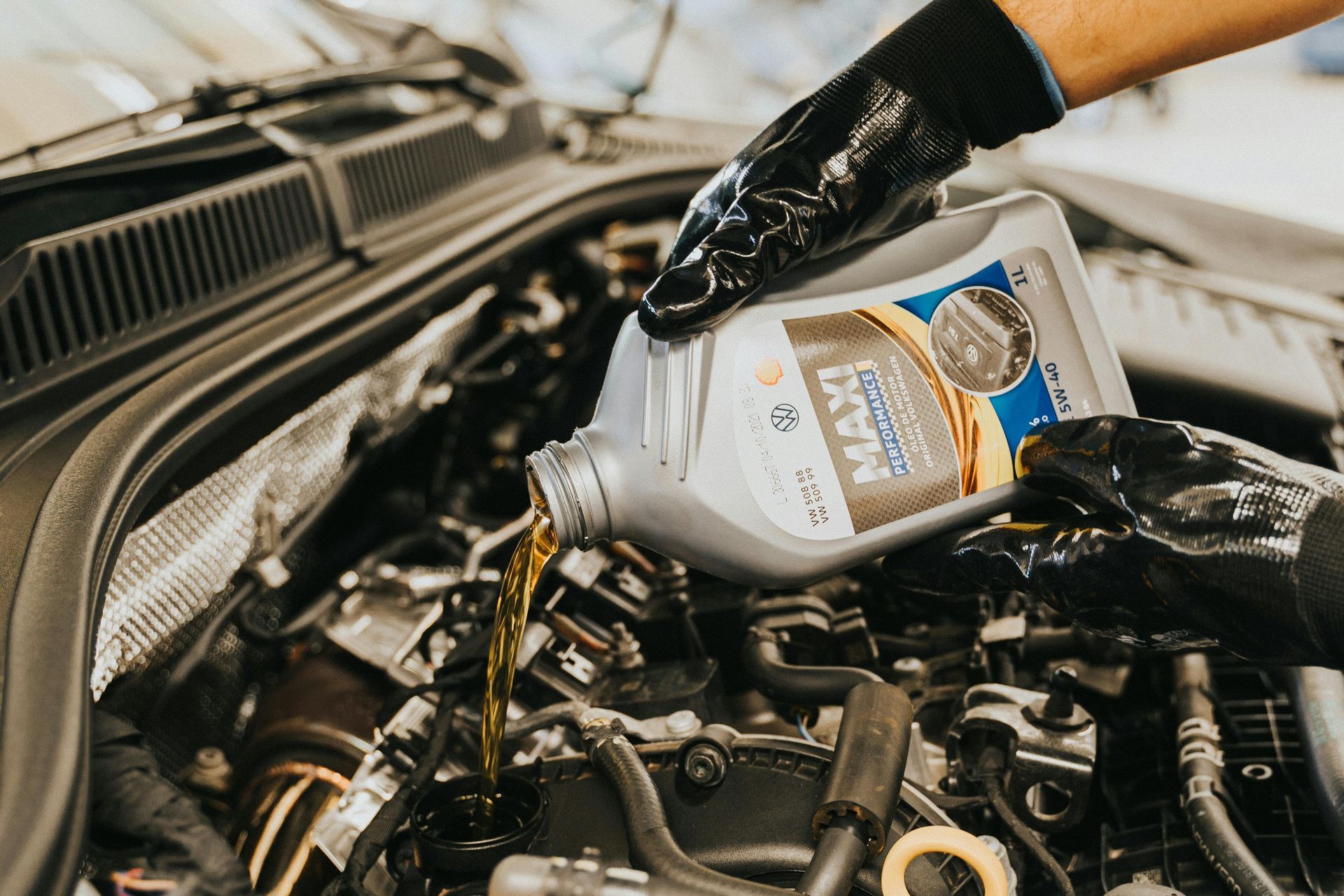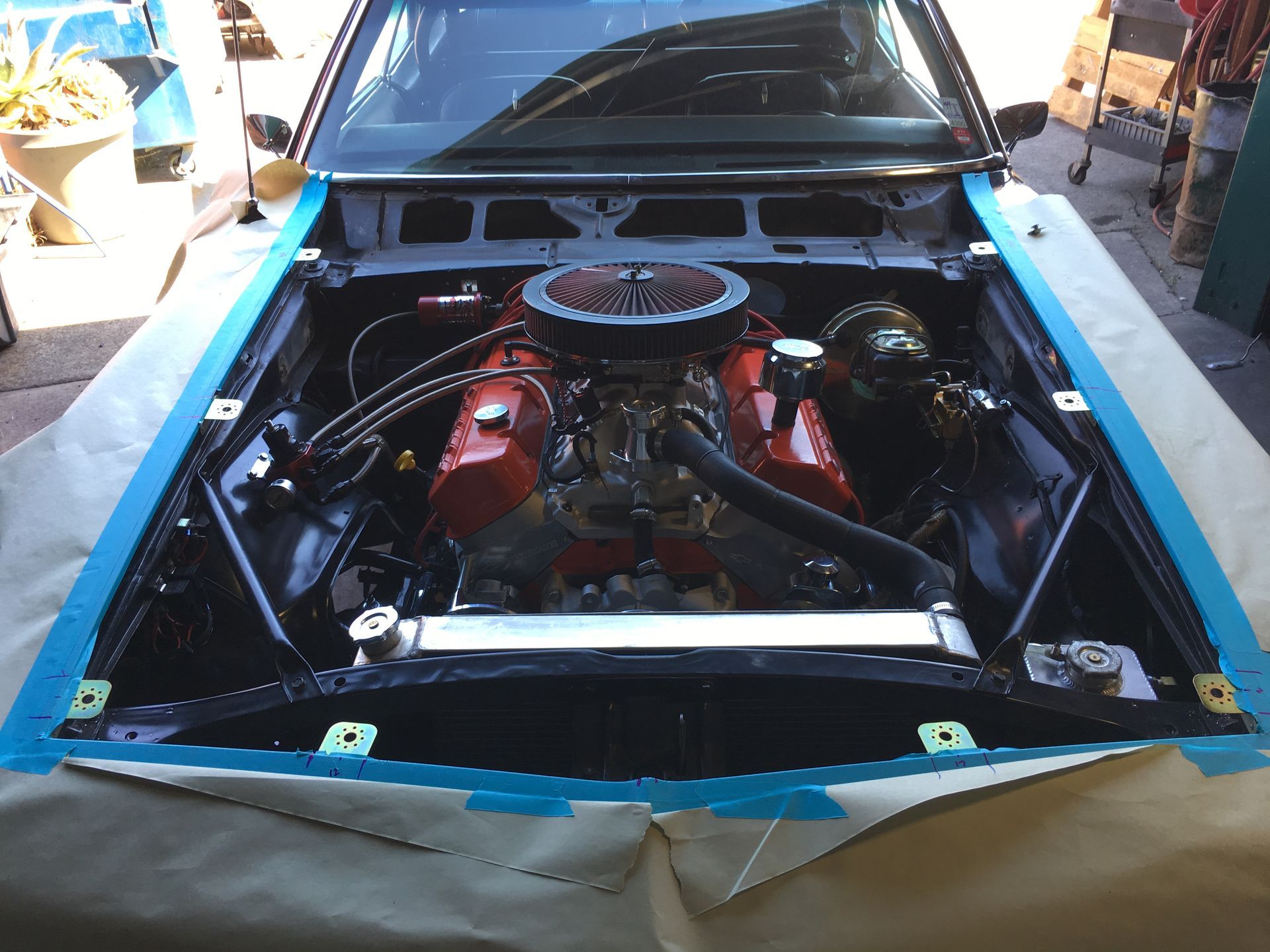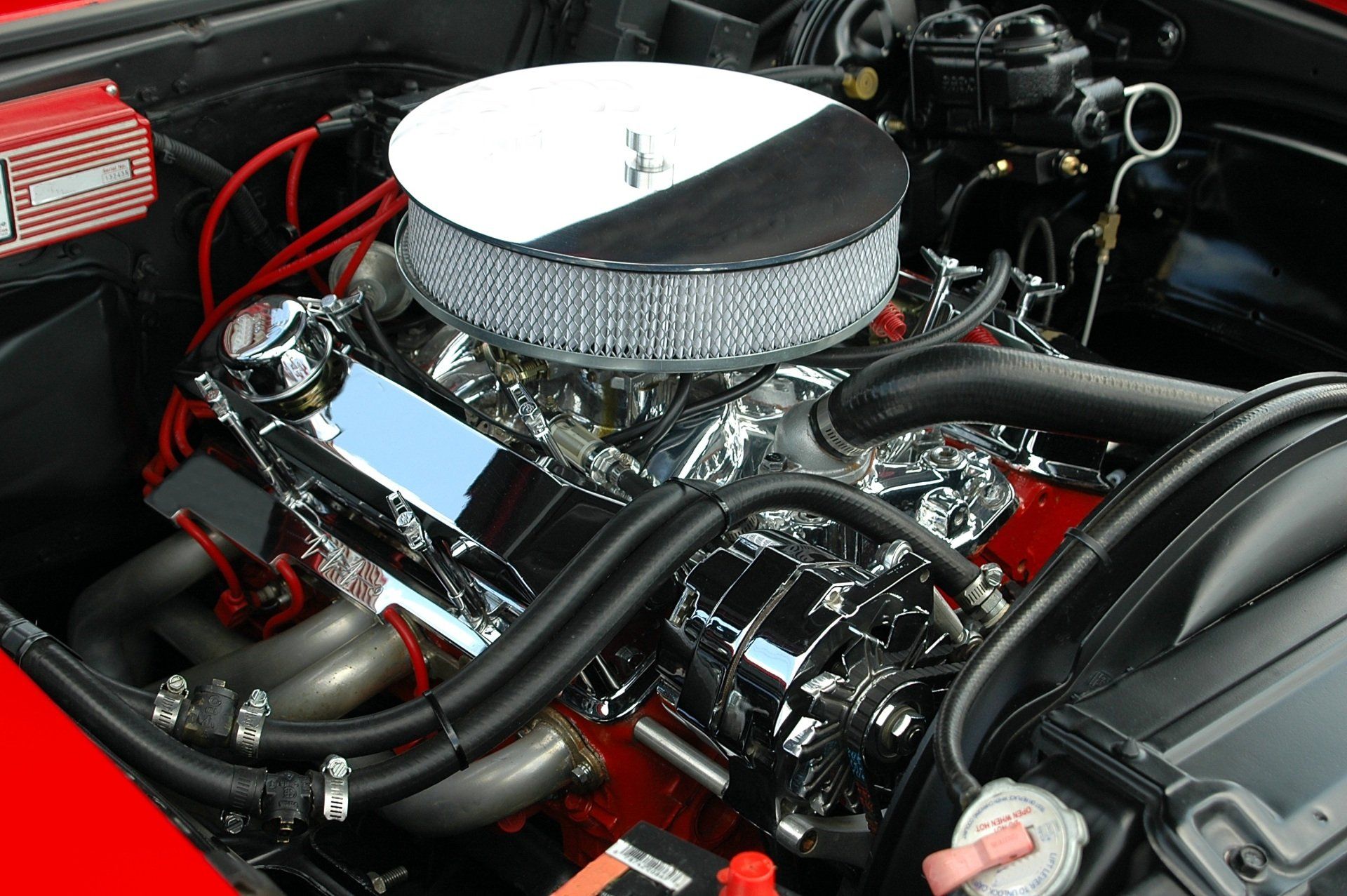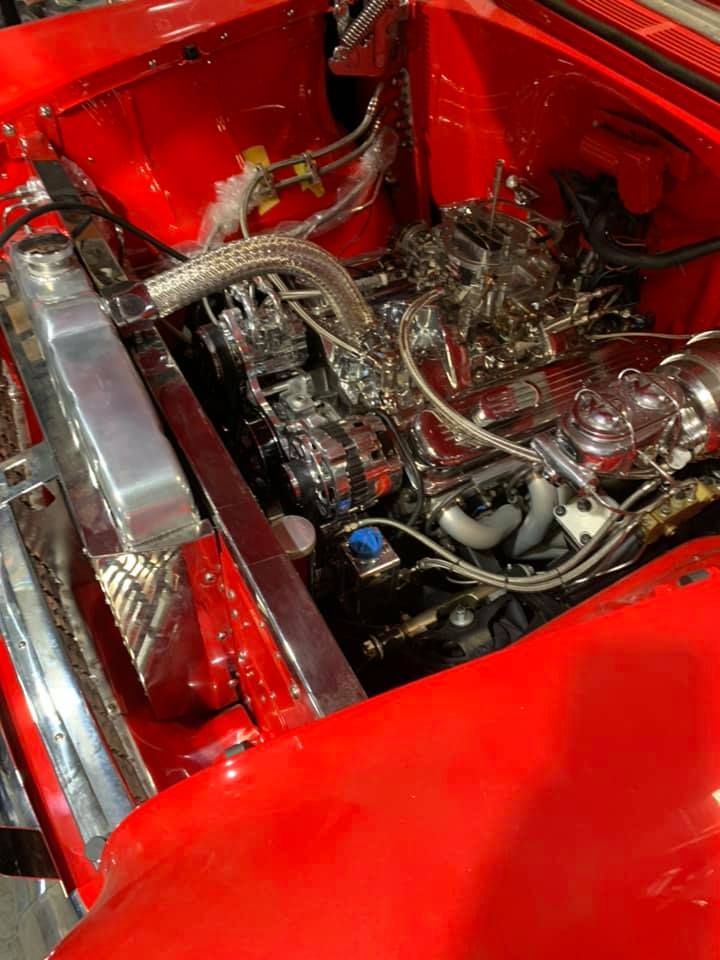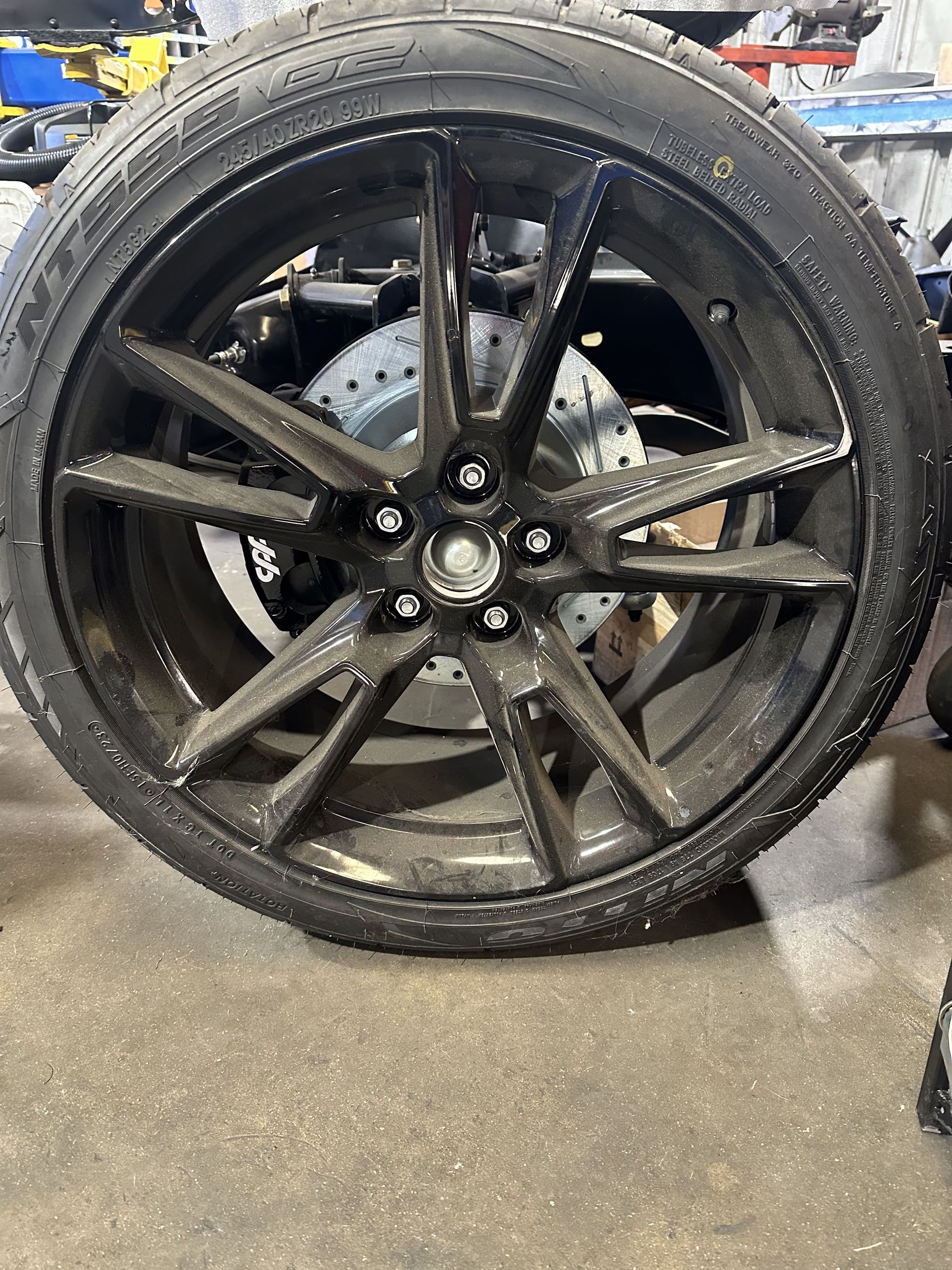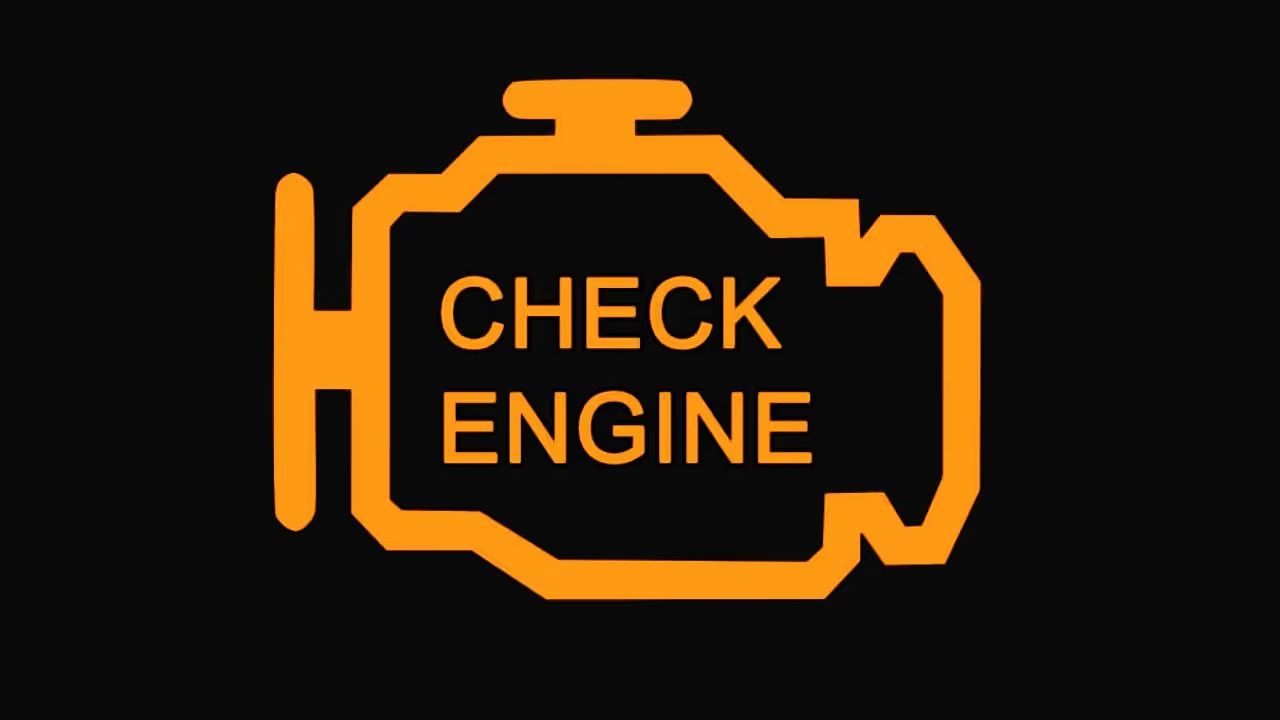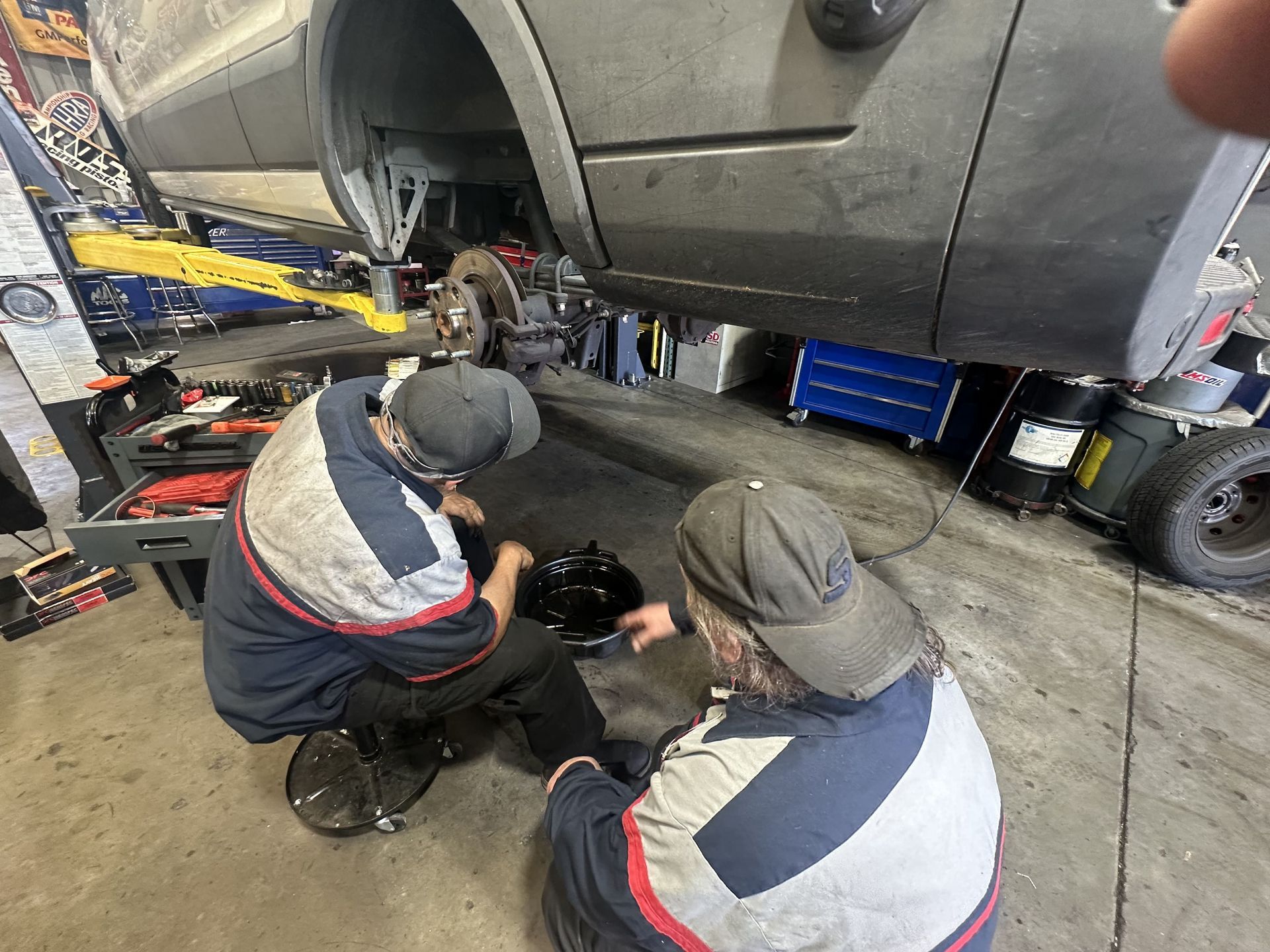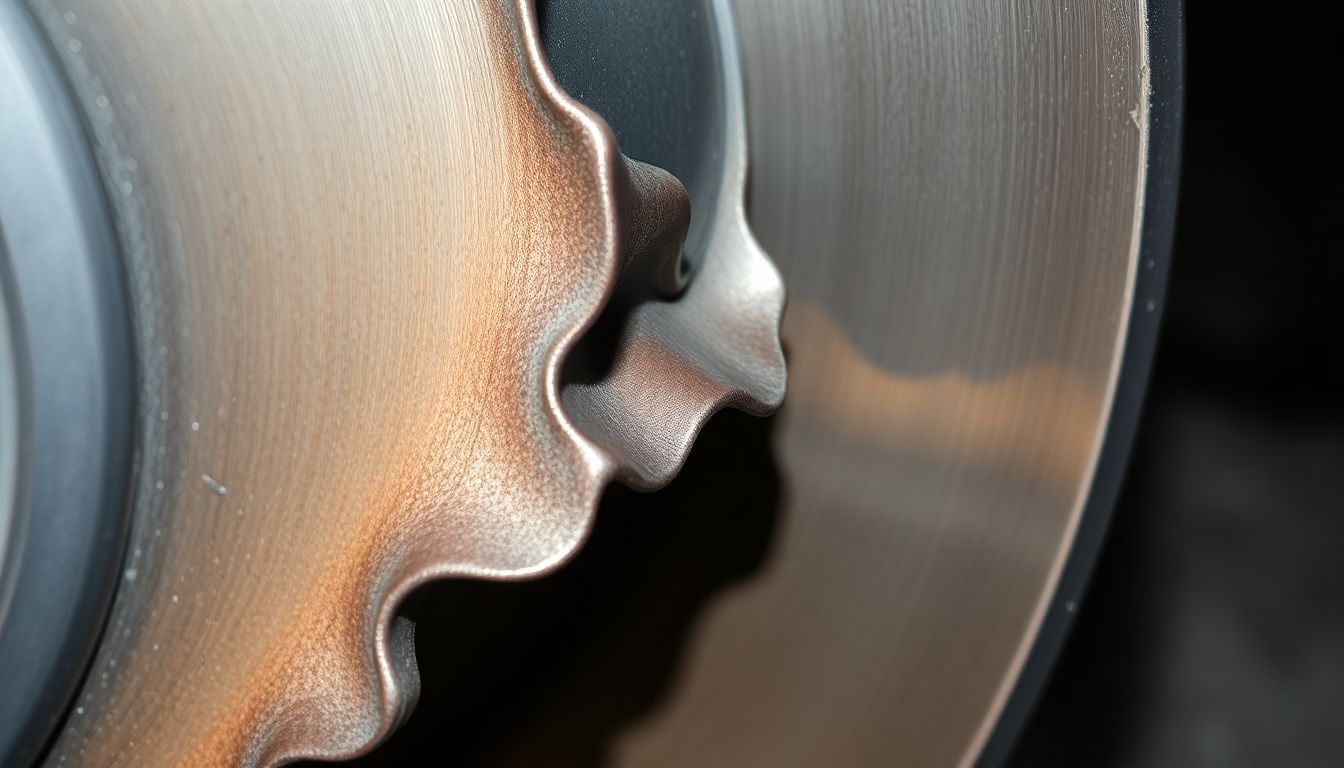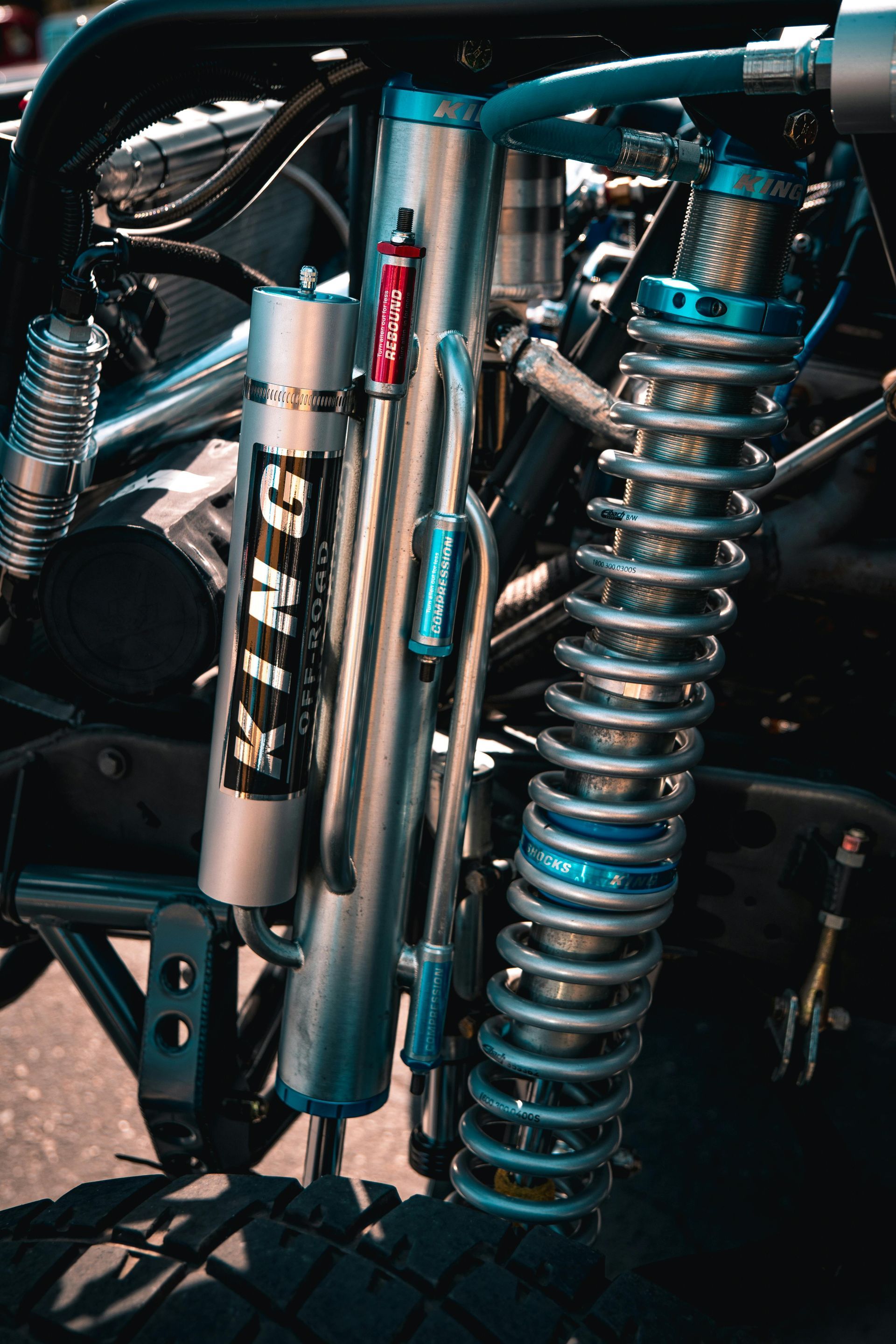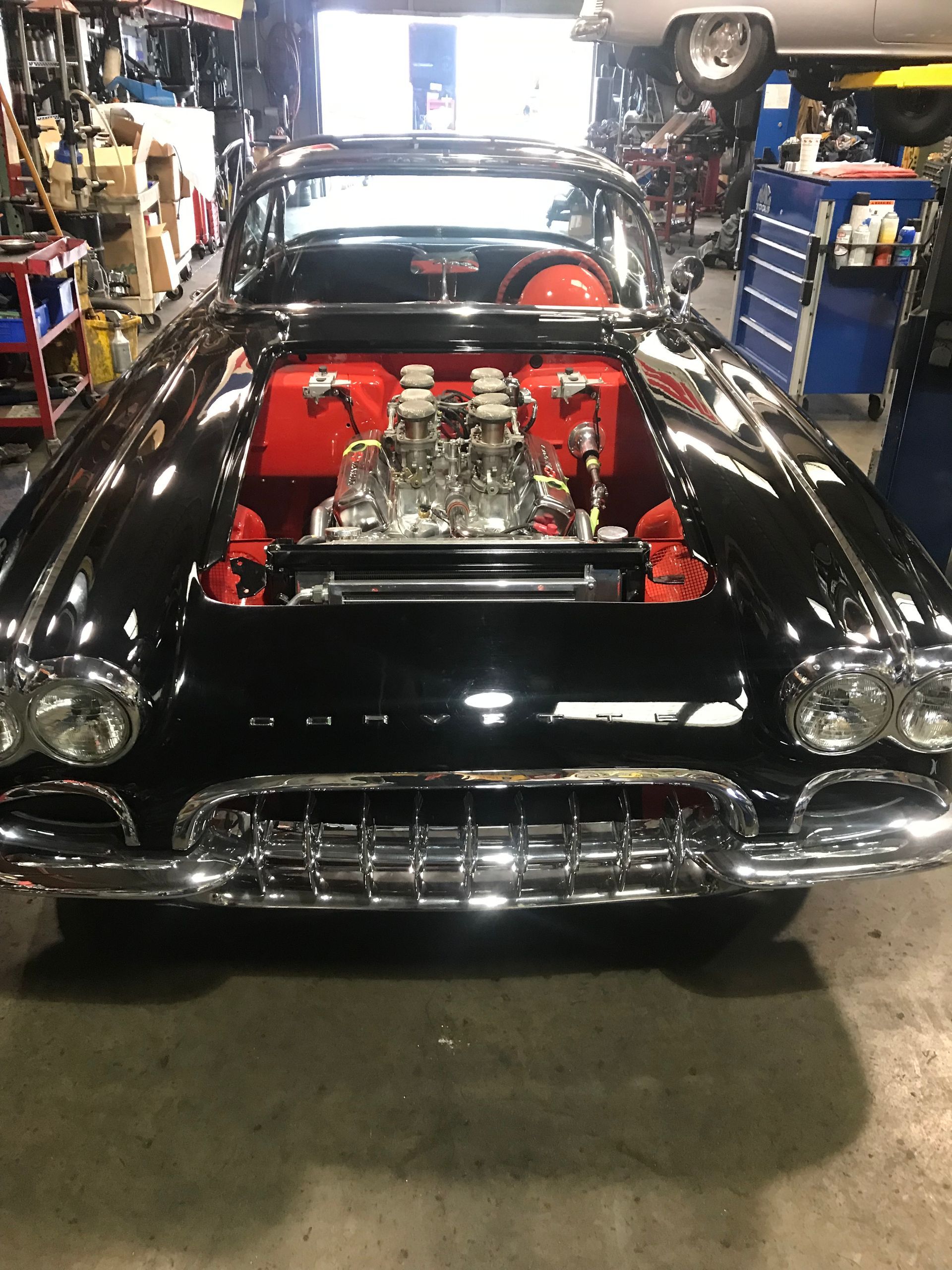Oil Changes Are Your Key To Vehicle Longevity
Regular Oil Changes: A Key to Vehicle Longevity
Why does Wilson Motorsports Auto Repair stress the importance of regular oil changes?
An oil change is one of the most important maintenance tasks for your vehicle. While it might seem like a simple and routine job, keeping up with regular oil changes plays a crucial role in ensuring the longevity and efficiency of your car's engine. In this blog, Wilson Motorsports will explore why oil changes are essential, how often they should be done, and what could happen if they’re neglected.
.
Why Are Oil Changes Important?
Motor oil is the lifeblood of your engine. It lubricates moving parts, reduces friction, prevents overheating, and helps clean the engine by trapping contaminants. Over time, however, oil can become thick, dirty, and less effective, making it essential to replace it periodically.
Here are a few key reasons why regular oil changes are so important:
- Lubrication and Reduced Wear: Fresh oil lubricates the engine's moving parts, ensuring they move smoothly without friction. This helps reduce wear and tear and prevents parts from getting damaged over time.
- Improved Engine Efficiency: Clean oil ensures that your engine runs at optimal performance. Old, dirty oil can cause the engine to work harder, reducing fuel efficiency and potentially leading to costly repairs.
- Preventing Overheating: Oil also helps regulate engine temperature by absorbing and dispersing heat. If oil becomes too old and thick, it can’t effectively carry heat away from critical engine components, leading to overheating and potential engine failure.
- Contaminant Removal: As oil circulates through the engine, it picks up dirt, dust, and other debris. Over time, the oil gets saturated with these contaminants. Regular oil changes ensure that these impurities are removed, helping to keep your engine clean.
- Increased Engine Lifespan: Regular oil changes can significantly extend the life of your engine. When oil is changed on schedule, the engine operates more smoothly, reducing the risk of breakdowns and costly repairs down the line.
How Often Should You Change Your Oil?
The frequency of oil changes depends on several factors, including your vehicle’s make and model, the type of oil used, and how you drive. However, a common recommendation is to change the oil every 3,000 to 5,000 miles if you're using conventional motor oil. Synthetic oil, which is engineered to perform better at extreme temperatures, may allow for longer intervals, typically ranging from 7,500 to 10,000 miles. However, we always would recommend even if you are using a Full Synthetic oil to change your oil at your schedule oil change intervals that are recommended by the factory make and model recommendations.
It's essential to check your vehicle’s manual for the manufacturer’s recommendation, as some modern cars may have oil change intervals that exceed the typical range. If you're unsure, many service centers offer oil change reminders based on your vehicle’s mileage.
Signs That You Need an Oil Change
Aside from relying on a maintenance schedule, there are several indicators that your oil may need changing:
- Engine Warning Light: Many vehicles are equipped with an oil change light that will alert you when it’s time for a change. This is typically triggered by low oil pressure or an oil-related issue.
- Loud Engine Noise: If your engine sounds louder than usual, it may indicate that the oil has lost its effectiveness and isn't lubricating the engine properly.
- Dark or Dirty Oil: Fresh oil is typically amber in color and translucent. If you check the oil and it appears dark and gritty, it’s time for a change.
- Burning Oil Smell: If you smell burning oil inside your vehicle, this could mean oil is leaking onto hot engine parts or that it’s degraded and causing friction.
- Decreased Performance: A noticeable decline in fuel efficiency or engine performance can be a sign that your oil is no longer doing its job effectively.
What Happens If You Skip Oil Changes?
Neglecting regular oil changes can lead to serious consequences for your engine. As oil ages and becomes contaminated, it loses its ability to lubricate, causing friction and excessive wear. In the worst-case scenario, this can result in engine seizure, which may require a complete engine replacement.
Here are some of the risks of skipping oil changes:
- Sludge Build-up: Dirty oil can combine with dirt, debris, and other contaminants to form sludge, which clogs the engine’s oil passages, limiting oil flow and causing the engine to overheat.
- Engine Damage: Without proper lubrication, engine components can wear out prematurely, leading to expensive repairs and even total engine failure.
- Reduced Fuel Efficiency: An engine running on old oil works harder, using more fuel in the process, which means you’ll spend more at the pump.
- Void Warranty: Many vehicle warranties require that you adhere to a specific maintenance schedule. Failing to change the oil regularly could void your warranty, leaving you with expensive repair costs.
Conclusion
Oil changes might seem like a small task, but they are critical to the health of your vehicle. Regular oil changes keep your engine running smoothly, improve fuel efficiency, and prevent costly repairs. Whether you choose to perform oil changes yourself or have the guys at Wilson Motorsports Auto Repair handle it, staying on top of this routine maintenance is one of the best things you can do for your car. Remember, an ounce of prevention is worth a pound of cure—taking care of your engine today will save you from headaches down the road.
Contact Us
Opening Hours
Mon - Fri: 8:00am - 5:00pm
Sat - Sun: Closed

All Rights Reserved | Wilson Motorsports

